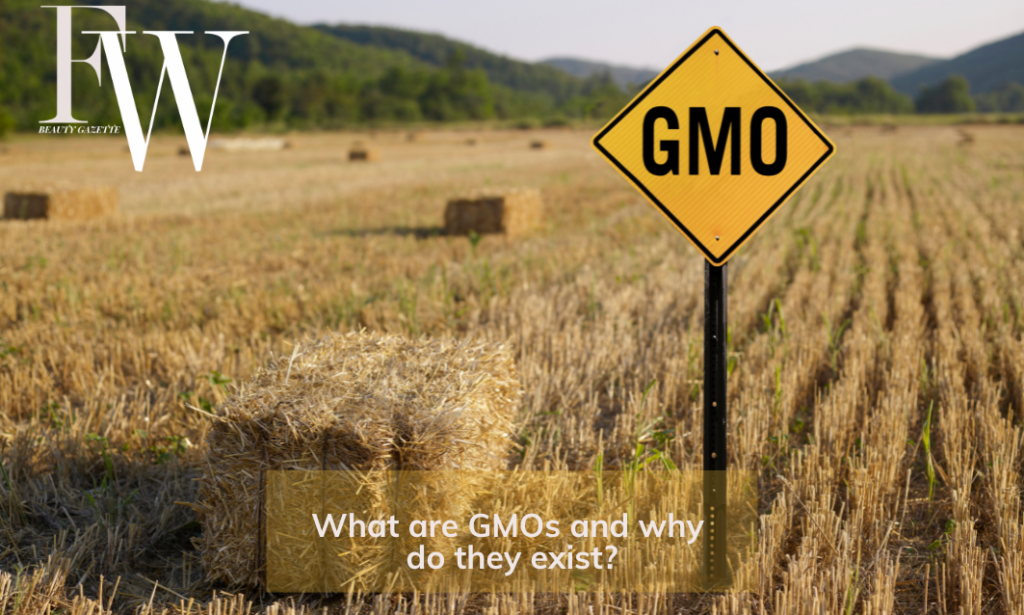The use of bioengineered ingredients, also known as genetically modified organisms (GMOs), in food products has become increasingly common in grocery stores for several reasons. Let’s explore them, and how to locate non-GMO foods and products.
Why Have GMOs Become So Common in Foods?
1. Improved Crop Characteristics: Bioengineered ingredients are created by modifying the genetic makeup of plants to enhance specific traits. This can result in crops that are resistant to pests, diseases, or harsh environmental conditions, leading to increased yields and improved quality.
The use of bioengineered ingredients remains a topic of debate and controversy. Concerns exist regarding potential environmental impacts, food safety, and the long-term effects of consuming GMOs.
2. Enhanced Nutritional Content: Genetic modification can be used to increase the nutritional value of crops. For example, bioengineered crops can be fortified with essential vitamins and minerals, potentially addressing nutrient deficiencies in certain populations.
3. Extended Shelf Life: Some bioengineered crops have been developed to have a longer shelf life, reducing spoilage and food waste. This can be particularly beneficial in areas with limited access to fresh produce or for products that require long-distance transportation.
4. Increased Crop Efficiency: By introducing genetic modifications, crops can be made more efficient in terms of resource usage. This includes developing plants that require fewer pesticides or water, reducing the environmental impact of agriculture.
5. Lower Production Costs: Bioengineered crops can often be produced at a lower cost compared to conventional crops. This cost reduction can potentially lead to more affordable food products for consumers.

6. Meeting Food Demand: With a growing global population, there is an increasing demand for food. Bioengineered crops offer the potential to produce higher yields and address food scarcity challenges by providing more efficient and productive agricultural systems.
It’s important to note that the use of bioengineered ingredients remains a topic of debate and controversy. Concerns exist regarding potential environmental impacts, food safety, and the long-term effects of consuming GMOs. Regulatory bodies in different countries have implemented various labeling and safety assessment requirements to address these concerns and provide consumers with information about the presence of GMOs in food products.
In the United States, if you are looking for non-GMO products, there are several ways to find them:
1. Look for Non-GMO Project Verified Labels: The Non-GMO Project is a non-profit organization that provides third-party verification and labeling for non-GMO products. Their verification seal is widely recognized and can be found on various food and beverage products. You can visit the Non-GMO Project’s website (https://www.nongmoproject.org/) to search for products that have been verified by their standards.

2. Read Food Labels: Food products in the U.S. are required by law to disclose the presence of bioengineered ingredients if they exceed a certain threshold. Look for labels such as “Non-GMO,” “GMO-Free,” “Made without GMOs,” or similar statements on the packaging. However, keep in mind that the absence of a specific label doesn’t necessarily mean a product contains GMOs, as not all non-GMO products seek formal certification.
3. Choose Organic Products: Certified organic products in the U.S. are generally non-GMO. The USDA Organic seal indicates that a product has been produced using organic farming practices, which prohibit the use of genetically modified organisms. Look for the USDA Organic seal on food products to ensure they are non-GMO.
4. Shop at Natural and Health Food Stores: Many natural food stores and health food stores tend to offer a wide selection of non-GMO products. These stores often prioritize organic and non-GMO options and may have specific sections or labels to help you identify non-GMO products.
5. Local Farmers’ Markets and Community Supported Agriculture (CSA): Shopping at farmers’ markets or participating in a CSA program can provide you with access to locally grown produce and food products. By directly connecting with local farmers, you can inquire about their farming practices, including the use of GMOs.
Remember that the availability of non-GMO products may vary depending on your location and the specific stores in your area. Additionally, it’s always a good idea to verify the claims made by different products and brands to ensure their authenticity and compliance with your personal preferences.


